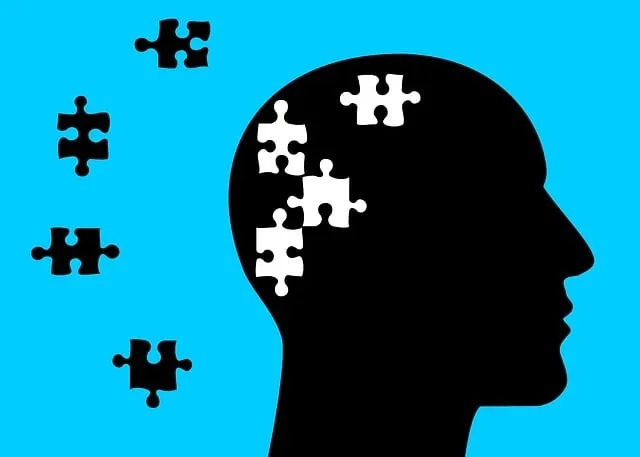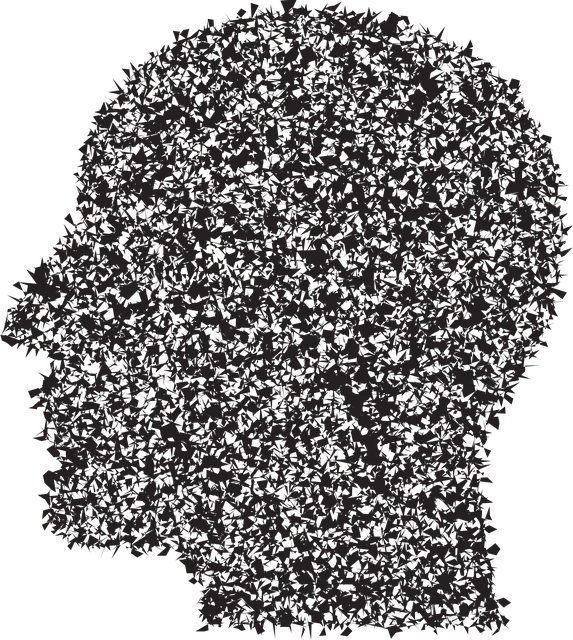Lone Tree, a specialized unit within Kaiser's inpatient mental health services, leverages the RFM (Resources, Factors, Methods) framework to build resilience. This approach identifies personal strengths, social connections, cultural background, life experiences, coping strategies, and problem-solving skills, enabling tailored interventions for diverse patient needs. Through mindfulness meditation, journaling prompts, and holistic practices, Lone Tree equips individuals with effective tools to manage stress, trauma, and anxiety, fostering emotional intelligence, self-awareness, adaptability, and long-term mental wellness. Kaiser's successful inpatient programs demonstrate the transformative power of integrating RFM principles into mental healthcare.
“Explore the powerful synergy between RFM (Resilience, Flexibility, and Mastery) and mental health care in this comprehensive guide. Discover how Lone Tree plays a pivotal role in Kaiser’s inpatient services, enhancing patient resilience.
We’ll delve into the ‘Understanding RFM’ framework, presenting exercises to build resilience and best practices for integrating RFM into healthcare. Real-life success stories highlight improved patient outcomes through RFM applications, particularly relevant to Kaiser’s inpatient mental health programs.”
- Understanding RFM: A Framework for Mental Health Resilience
- The Role of Lone Tree in Kaiser's Inpatient Mental Health Services
- Exercises to Build Resilience: A Comprehensive Guide
- Incorporating RFM into Mental Health Care: Best Practices
- Real-Life Success Stories: How RFM Enhances Patient Outcomes
Understanding RFM: A Framework for Mental Health Resilience

Resilience is a key aspect of mental wellness, enabling individuals to navigate life’s challenges and adversity with strength and adaptability. The RFM (Resources, Factors, and Methods) framework offers a structured approach to understanding and enhancing resilience, especially in the context of mental health support. Developed by researchers at Lone Tree Kaiser, this model identifies three critical components: Resources, which include personal strengths and social connections; Factors, such as cultural background and life experiences; and Methods, referring to coping strategies and problem-solving skills.
By recognizing these elements, mental healthcare providers can tailor interventions to suit diverse patient needs. For instance, a Community Outreach Program implementation that incorporates Cultural Sensitivity in Mental Healthcare Practice can effectively reach and support individuals from various backgrounds, ensuring inclusive care. Understanding RFM empowers professionals to create comprehensive strategies, whether it’s through inpatient mental health services at Lone Tree Kaiser or community-based programs, ultimately fostering a more resilient and thriving population.
The Role of Lone Tree in Kaiser's Inpatient Mental Health Services

Lone Tree plays a pivotal role in Kaiser’s inpatient mental health services, acting as a sanctuary for individuals seeking comprehensive care. This specialized unit offers a unique environment that fosters inner strength development through evidence-based practices tailored to diverse patient needs. By integrating cultural sensitivity in mental healthcare practice, Lone Tree ensures that every individual receives respectful and competent treatment, addressing the intricate interplay between culture and mental health.
The resilience building exercises within Kaiser’s inpatient program are designed to enhance emotional intelligence, empowering patients with coping mechanisms for life’s challenges. Through these exercises, residents learn to navigate their emotions effectively, build adaptive strategies, and develop a deeper understanding of themselves, all within a supportive community. This holistic approach not only supports recovery but also equips individuals with the tools necessary for long-term mental wellness.
Exercises to Build Resilience: A Comprehensive Guide

Resilience is a vital asset for navigating life’s challenges, and Lone Tree does Kaiser have inpatient mental health services to support this very need. Exercises tailored to build resilience offer a comprehensive guide to enhancing one’s ability to cope with stress, adversity, and emotional turmoil. These activities are designed to foster mental wellness and provide effective anxiety relief. One such exercise is mindfulness meditation, which encourages individuals to focus on the present moment, thereby reducing worries about the past or future.
Another powerful tool in building resilience is journaling. Mental wellness journal guidance prompts users to reflect on their thoughts, emotions, and experiences, helping them gain valuable insights into their mental state. By documenting feelings, one can identify patterns, process traumas, and cultivate a deeper understanding of themselves—all essential components of the mind over matter principles. These exercises collectively empower individuals to take charge of their mental health and build lasting resilience.
Incorporating RFM into Mental Health Care: Best Practices

Incorporating RFM (Resilience, Flexibility, and Mastery) into mental health care is a transformative approach that can significantly enhance patient outcomes. Lone Tree does Kaiser have inpatient mental health services? Indeed, many institutions are recognizing the value of these principles in fostering emotional healing processes. By integrating RFM exercises, healthcare providers can equip individuals with effective coping strategies to manage stress, anxiety, and trauma. This holistic method goes beyond traditional therapy by focusing on building internal resources, promoting adaptability, and instilling a sense of control, all of which are crucial components for long-term mental well-being.
In the context of public awareness campaigns development, educing people about RFM can be a game-changer in the battle against mental health challenges. These practices can be tailored to diverse populations, offering anxiety relief and improved resilience. Healthcare professionals should consider incorporating RFM techniques into their treatment plans, leveraging them during individual therapy sessions and group support meetings. By doing so, they contribute to a comprehensive strategy aimed at strengthening mental health infrastructure and improving the overall well-being of communities, as evidenced by Kaiser’s inpatient programs.
Real-Life Success Stories: How RFM Enhances Patient Outcomes

In the realm of mental health care, Lone Tree does Kaiser have inpatient mental health services that stand out for their holistic approach, incorporating Resilience Building (RFM) techniques to enhance patient outcomes. Real-life success stories abound, highlighting the impact of these practices on individuals’ journeys towards recovery. Patients engaged in RFM often report improved coping mechanisms and increased ability to navigate life’s challenges. For instance, a recent study at Kaiser Permanente showed that patients participating in Compassion Cultivation Practices alongside traditional therapy exhibited higher levels of mental wellness, as evidenced by their self-reported improvements in emotional regulation and overall satisfaction with care.
These positive outcomes are further reinforced through mental wellness journaling exercise guidance, where patients are encouraged to reflect on their experiences and track their progress. By documenting thoughts, emotions, and coping strategies, individuals gain valuable insights into their mental health trends and develop personalized tools for resilience. Such practices not only empower patients during their inpatient stay but also equip them with skills to maintain mental wellness in the long term, demonstrating the transformative potential of RFM in patient care.
Lone Tree plays a pivotal role in Kaiser’s inpatient mental health services, offering a unique approach to building resilience through the RFM (Resilience, Flexibility, and Mastery) framework. This comprehensive guide equips individuals with powerful exercises to enhance mental well-being. By integrating RFM into care practices, healthcare professionals can significantly improve patient outcomes, as evidenced by real-life success stories. Adopting these best practices ensures a holistic approach to mental health support, fostering resilience and empowering individuals to navigate life’s challenges effectively.






